Latest News – The Horse

Strangles Confirmed in Washington Horse
The horse resides in King County.
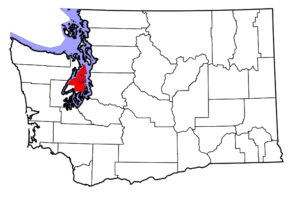
3 Horses with Equine Influenza in Washington
The horses reside in Kitsap County.
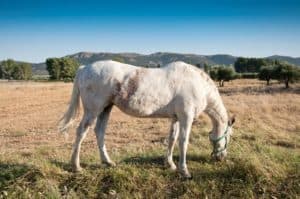
Winter Horse Feeding: Ration Balancer Feeds and Supplements
Learn the difference between ration balancer feeds and supplements and how they benefit horses when pastures are scarce.

Smart Storage Around the Barn
Learn how to keep horses and humans safe by storing your supplies and equipment properly.
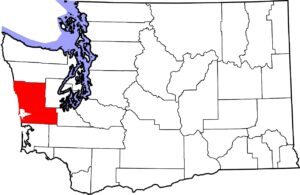
Two Cases of Equine Influenza in Washington
The unvaccinated horses are at a boarding facility in Grays Harbor and are receiving private veterinary care.

Preventing Pigeon Fever
Is my horse at risk of catching pigeon fever from another horse at my trainer’s barn?

Equine Pain and Discomfort
Learn about the signs of pain in horses—and how sedation can help—in this archived podcast.
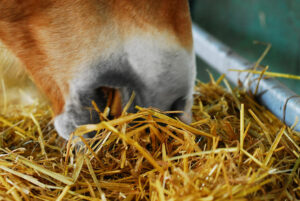
Gastric Ulcers in Horses: Risk Factors and Management Tactics
There are 2 forms of equine gastric ulcer syndrome. A researcher describes how to prevent them.

SAA: Infection Detection in Horses
Learn about serum amyloid A and how veterinarians can use it for early identification of inflammation in horses.
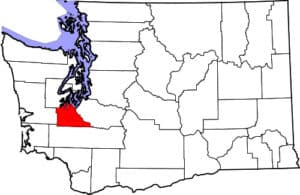
Equine Influenza in Washington
The horse resides in Thurston County and is under private veterinary care.

What Is Normal in Today’s Sport Horse?
A veterinarian describes three real-life examples of horses with physical abnormalities competing successfully.

Vet’s Guide to San Antonio
With this easy-to-use Vet’s Guide to San Antonio, you can discover places to eat, drink, and enjoy during the 2022 AAEP Convention. Sponsored by ADM Equine and ConturaVet.

Washington Horse Positive for Pigeon Fever
The horse resides in Kitsap County.

Fifth WNV Case in Florida This Year
The affected horse lived in St. Johns County and has been euthanized.

The Pros and Cons of Orthobiologics in Horses
The key concepts behind 6 orthobiologics available to equine veterinarians.

Is Your Horse at Risk of Colic?
How veterinarians navigate 4 common scenarios, from dehydration to the postpartum period, that increase colic risk.











